1039
13
4 minutes
Suggested Articles

Former Hacker Reveals Secrets to Outsmart Cybercriminals and Protect Your Money
Essential cyber safety advice from a former hacker: Discover practical security tips to shield your accounts from online attacks, featuring actionable steps to protect your digital life and finances.
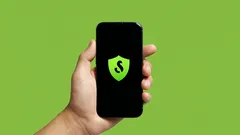
Unlock the hidden phone setting that protects your bank account from scammers
Online Safety & Privacy

AI-powered delivery scams are evolving—here's how to spot and stop them
Online Safety & Privacy
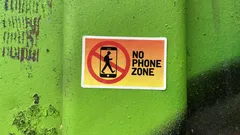
Protect your money from phone scams with these expert-approved tips
Online Safety & Privacy
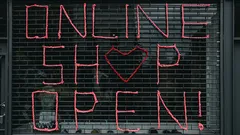
Don’t fall for fake online promotions that can steal your identity
Online Safety & Privacy

How WhatsApp scams are draining U.S. bank accounts and what you must do
Online Safety & Privacy

How Fake Tech Support Scams Trick You and Simple Ways to Stay Safe Online
Online Safety & Privacy
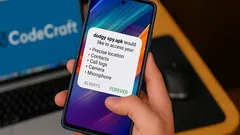
Your Smartphone May Be Secretly Hacked: Spot the Warning Signs Now
Smartphones & Apps
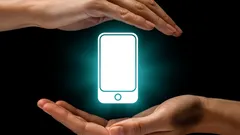
Hundreds of Malicious Apps Lurk on Google Play—How to Protect Your Data
Online Safety & Privacy
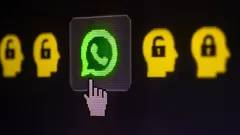
5 Hidden Signs Your WhatsApp Is Being Watched and How to Stop It Now
Online Safety & Privacy

Playing video games together strengthens relationships and sparks real connection
AI & Everyday Tech

US crypto pioneers transform bold risk into life-changing fortunes
AI & Everyday Tech

Tech leaders embrace waste-to-carbon solutions as Microsoft bets big on green AI
AI & Everyday Tech

Travelers and campers embrace portable backpack laundry tech for freedom and clean clothes anywhere
Gadgets & Reviews

Sleep experts champion a smart anti-snoring belt for restful nights and healthier mornings
Gadgets & Reviews

Drivers use Google Maps and Waze to avoid fines but risk safety trade-offs
AI & Everyday Tech
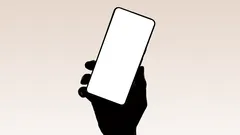
App lovers seize this week’s best free premium downloads before time runs out
Smartphones & Apps
 W3 CodeCraft
W3 CodeCraft

Comments